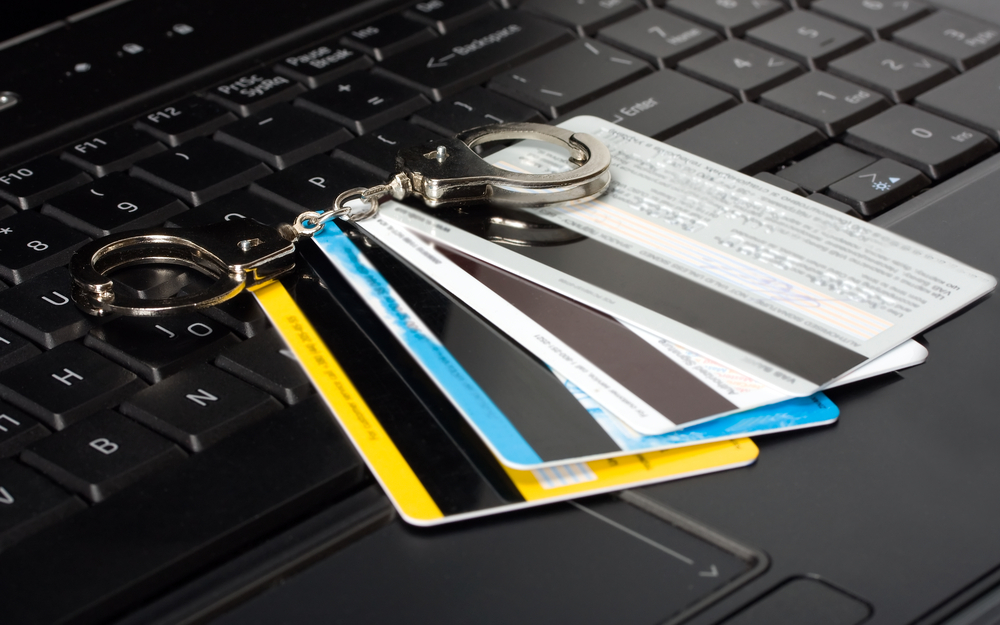Household Bills
The simple steps to avoid being scammed this Christmas

One in five Brits are scared of being scammed at Christmas, but many people are failing to take simple precautionary steps.
A study of 2,000 UK adults by Nationwide Building Society found nearly half admit to not checking their current account or credit card statements regularly to compare the details against what they know they have bought – therefore running the risk of not spotting a fraudulent or unknown transaction on their account.
While more than half say they avoid the high street and do the majority of their Christmas shopping online, almost two in five don’t know how to spot if a website is secure or not – identified through a padlock symbol (see top tips below).
For those that do hit the high street to shop at Christmas, one in ten admitted to not shielding their PIN number at all at the cash machine when withdrawing money or paying for a purchase by card, while a further three in ten admitted to only shielding it sometimes. This is despite close to a fifth experiencing ‘shoulder surfing’ – someone trying to see their PIN from behind.
The findings also suggest 15% of Brits share details on social media of when they are on holiday or making overnight visits to friends and family over the festive period – but experts warn this is potentially giving criminals the opportunity to strike.
Stuart Skinner, Nationwide’s head of fraud, said: “Our research reveals people are at risk of being scammed at Christmas if they don’t take some simple preventative steps. With fraud, often the most frustrating thing is that a lack of awareness or lapse in concentration can lead to someone being successfully targeted. We hope that by being aware of a few top tips that shoppers will be in a safer place this Christmas.”
| Top tips: |
| Check your statement regularly. Keeping receipts and checking your statement will not only help you avoid overspending on gifts, but may also identify unrecognised transactions and reduce post-Christmas stress. It’s also important to make sure your financial services provider has your most up to date contact details, in case they need to contact you about anything suspicious. |
| Know how to spot a fake. If an offer’s too good to be true, it probably is. Avoid phony websites or voucher offers by doing your research. Make sure the website address begins ‘https’ at the payment stage and has the padlock symbol – this indicates it’s a secure site. Research ‘offers’ to see if the one you have received is a known scam. |
| Keep your PIN safe. Make sure no-one is looking over your shoulder when entering your PIN at a cash machine or till – this is known as shoulder surfing. If they do, they then just need to snatch your card while you are busy in the Christmas crowds. |
| Don’t advertise that your house will be empty. Be careful who can see your posts on social media and what details you share. You may be letting more than your loved ones know when you will be away. |
| Keep your anti-virus software up-to-date. Even links in Christmas e-cards can contain malware, which can harm your device. |